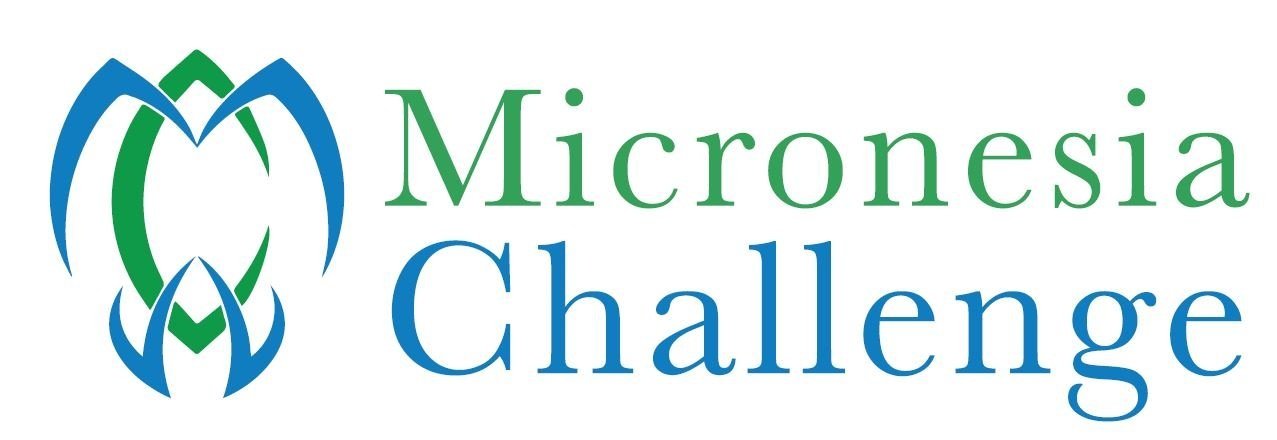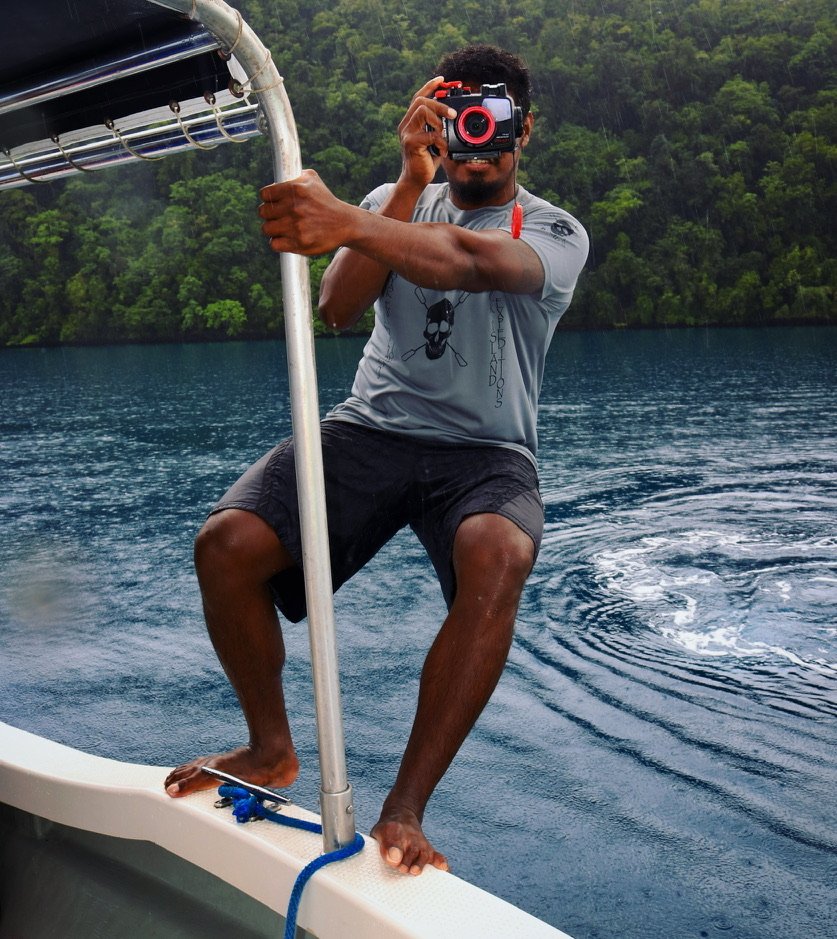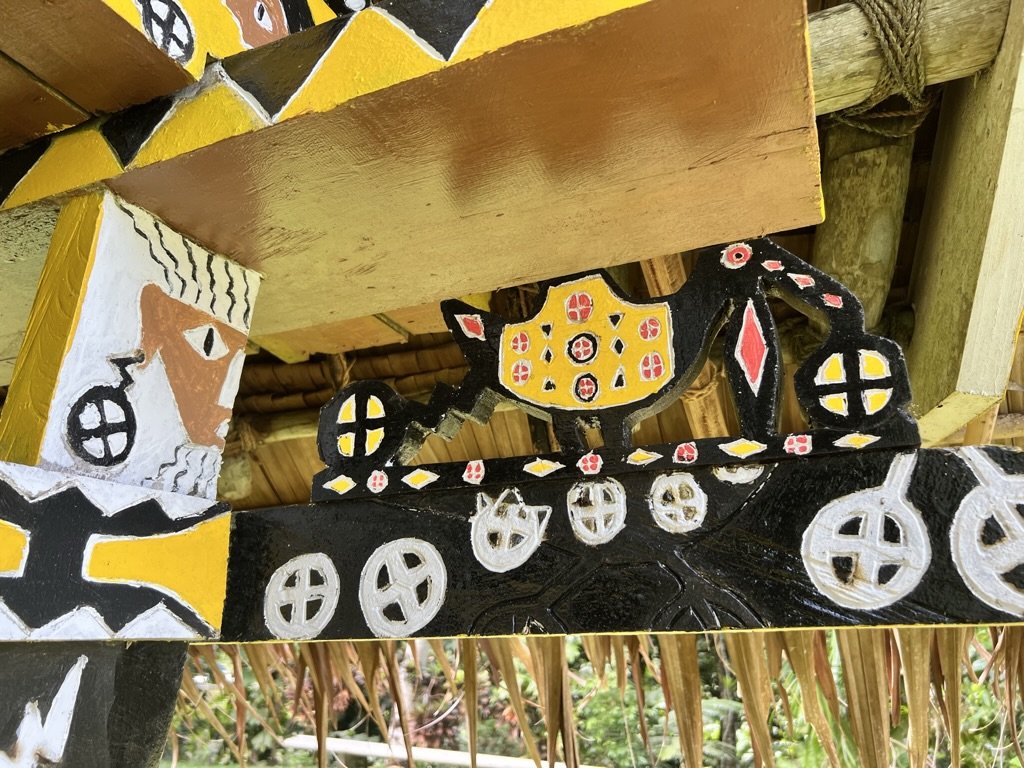Sustainable Future: Ecotourism in Palau’s Protected Areas
By Jerrica Davis
Throughout the years, Palau Protected Areas Network (PAN) has made great strides in conserving and preserving its natural resources and ecosystems. This year marks the PAN’s 21st year of operation. PAN was created under the PAN Act (RPPL 6-39) in 2003 and has achieved many significant milestones.
Project management under PAN has been largely successful due to Green Fees, grants, and other financial sources. In coordination with the PAN Office, the PAN Fund has explored many sustainable financing opportunities. This initiative was strengthened considerably by the development and implementation of the PAN Sustainable Finance Plan (SFP). Through this plan, individual states were allowed to explore opportunities within their communities to support their sustainable fundraising efforts and fund local programs that would complement the PAN SFP. This effort led to other opportunities including various investments, PAN IPP, grant opportunities, and sustainable development through ecotourism.
Palau PAN ecotourism network consists of four (4) PAN States, Orsoulkesol/Ngerbekuu (Ngiwal State), Ngardok and Ngermedellim (Melekeok State), and Ngermasech (Ngardmau State) and Ngerderar Watershed (Aimeliik State). Each of these member states has developed a unique Ecotourism Management Plan for their respective sites. These Ecotourism Management Plans require focus on environmental, cultural, social, and economic factors. An overview of the planning process includes: stakeholder identification and engagement, assessment of ecotourism potential, setting goals and objectives, development of ecotourism strategies, policy and regulatory framework, implementation and monitoring, and lastly, capacity building and training. Ecotourism is an important aspect of PAN efforts to conserve and preserve Palau’s natural and cultural heritage.
PAN emphasizes strengthening communities and creating an economic opportunity generated by the revenue made from the tourists via traditional traveling activities and the sale of local goods and services. By promoting sustainable tourism, ecotourism also helps maximize the benefits for both visitors and hosting communities. Ecotourism that includes historical sites provides opportunities for cultural exchange and gives visitors a greater understanding of the Palauan people and their rich cultural heritage. This exchange of knowledge allows both the visitors and locals to gain more environmental knowledge and raise awareness for the protection of these sites.
Utilizing funds generated by these sites helps keep Palau’s natural habitats safeguarded and enhances their capacity to face future environmental challenges. The promotion of ecotourism through PAN has allowed Palau to garner global recognition; it has encouraged collaboration with international organizations which in turn also attracts more eco-friendly travelers globally.



